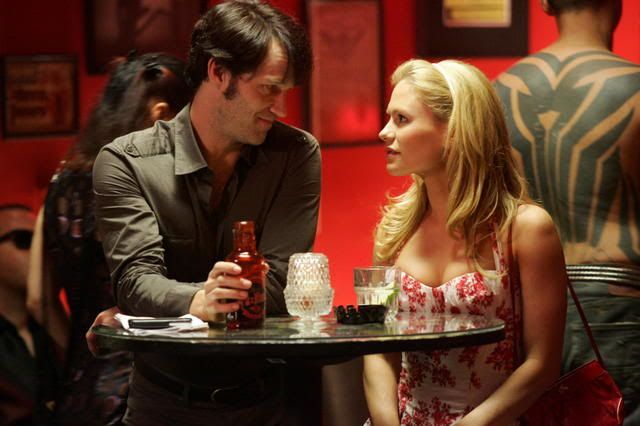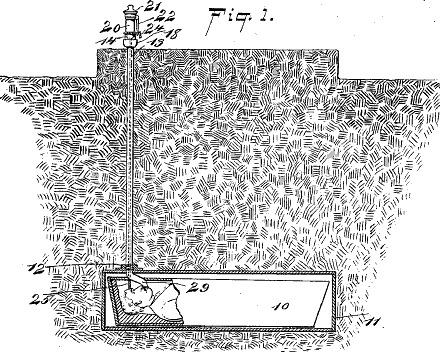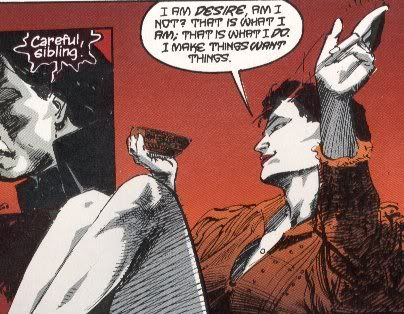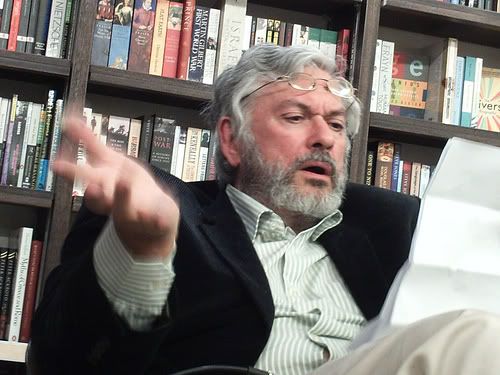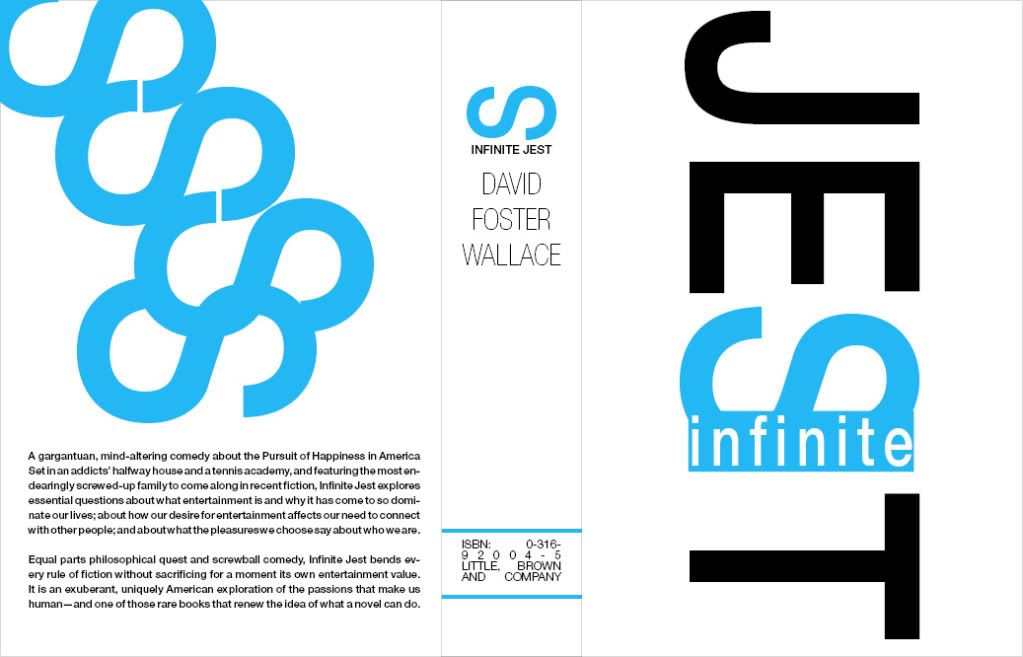
I've just discovered Brad Delong's excellent website, which posts all sorts of political and historical ephemera along with cracking economic analysis. Given the current controversy about the undeclared Libyan war, this letter he posts, from Eleanor Roosevelt to Rep. Hamilton Fish, seems especially prescient.
My Day by Eleanor Roosevelt, June 28, 1941: EASTPORT, Maine, Friday
—I have just received a slightly delayed communication from my congressman, the Hon. Hamilton Fish. His letter, addressed to the people of the 26th Congressional District in New York State, interests me very much. He suggests in the first paragraph that:
an undeclared war is an invention and creation of totalitarian nations, and a negation of democratic processes and our constitutional form of government...
Nowhere in the letter does he seem to suggest that, this being the case, and we being a peace-loving people, we may find ourselves the victims of an undeclared war, whether we like it or not, even if we ourselves adhere scrupulously to the "democratic processes."
He encloses in this courteous note, a postal card which reads:
The United States should:
Enter the war...
Stay out of the war...
All I am asked to do is to check one of these statements, sign my name or not, as I like, and return my ballot within three days of receipt.
I understand from a newspaper item which I read, that my congressman has received an overwhelming number stating that the United States should stay out of war. That seems to me fairly natural.
If I thought I had a choice in the matter, I should answer wholeheartedly that I did not wish to enter any war anywhere in the world. But it seems to me that my congressman has over-simplified the question which confronts us at the moment.
We would like to stay out of war. The people of Norway, Holland and all the other countries in Europe, even France and Russia, and Germany itself, would probably have liked to stay out of war. But that wasn't ever put before them as a choice. The war was suddenly upon them. In some cases, their government in the form of a dictator decreed it so. In others, because they woke up one morning and found soldiers of an enemy government marching down their streets.
I can think of a number of questions, Mr. Congressman, which you could have asked your constituents that would have been more enlightening to them and to you. Just as a suggestion, why not ask: "Shall the U.S. allow any enemy nation to obtain possessions which may menace, under modern conditions of warfare, the safety of the U.S.?" Or: "Shall we accept restrictions on our trade or the abrogation of our right to travel in neutral waters throughout the world?"
We have always been a proud and independent people, Mr. Congressman. As a woman, I pray for peace not only now, but in the future. But I think we must look a little beyond next week if we expect to ensure an independent U.S.A. to our children. There is such a thing, too, as the moral values of a situation, and I do not think we are a nation that has given up considerations for right and wrong as we see it.

